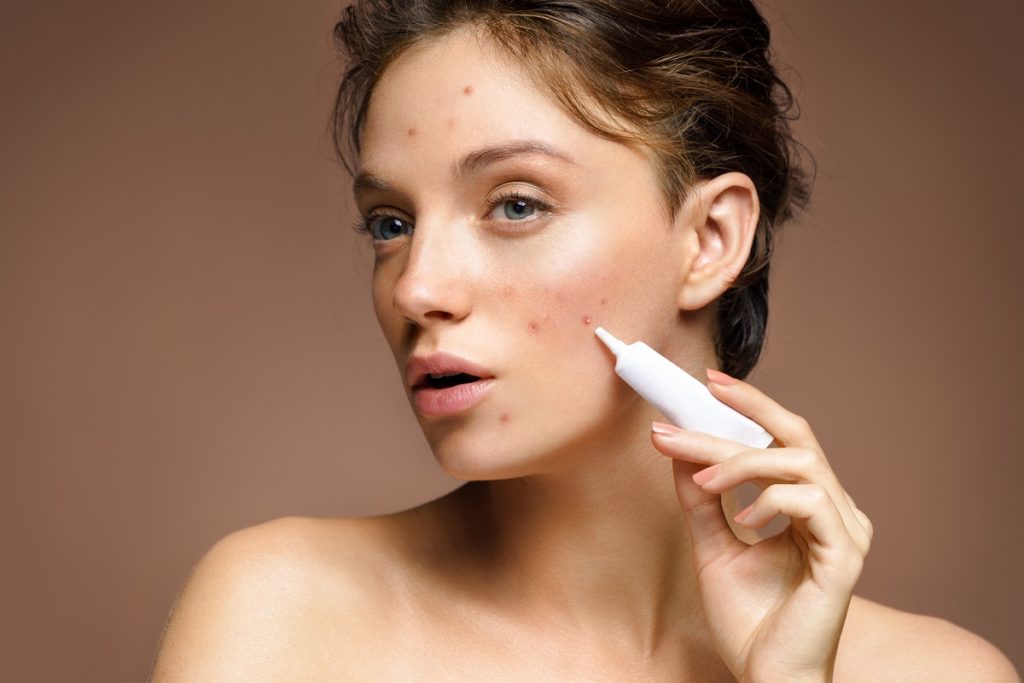It’s the year 2020. The world has been swept up by a deadly pandemic, the majority of people have a lot of time to scour the internet for health advice, and misinformation continues to run rampant on the world wide web. This is pretty much the perfect storm for people to do things to their bodies in the name of “health and wellness,” only to find out that these trends and practices don’t work and have no basis in science whatsoever.
Now more than ever, we need to be smart about the advice we follow and the things we do to our bodies — because we need to be physically fit and mentally sound if we want to survive COVID-19.
Here are some wellness trends that have no scientific basis and you need to stop following if you want to protect your health and save some money.
Myth: Essential oils can treat real diseases and disorders
Many businesses market their essential oils and vitamins as having the ability to cure certain diseases. These false claims can cause people to abandon modern medicine altogether. The problem is that these oils may promise help for certain health problems like difficulty sleeping, but they also pose a lot of risks when used in the wrong way. For example, lavender oil may be good for aromatherapy, but it could be harmful to some people’s skin.
While essential oils have their place, especially if they’re able to make you feel better when you smell them (aromatherapy is a real thing), but they will never take the place of your doctor’s advice and a treatment plan.
Should you choose to make a business out of these oils, make sure to add the appropriate health disclaimers and safety precautions, unless you want a customer’s attorney eventually breathing down your neck.
Myth: The keto diet is a healthy way to lose weight
The ketogenic or “keto” diet is a low-carb, fat-rich diet plan that is used to treat specific medical conditions. However, with the rise of the Atkins, South Beach, Dukan, and Paleo diets, it recently gained traction as a quick and effective way to shed some pounds. While studies show that it may be effective and beneficial in the short-term, it’s incredibly difficult to maintain since extreme carbohydrate restriction can cause fatigue, headaches, brain fog, hunger, irritability, and other unpleasant symptoms.
Don’t do the keto diet without your doctor’s advice. When done properly, the diet has its place, especially when treating diseases like cancer, diabetes, polycystic ovarian syndrome, and other health conditions, but only in controlled settings. Talk to your primary healthcare giver before starting not just the keto diet, but any of these diet fads.
Myth: Acne is primarily caused by chocolates and stress, and toothpaste can heal or dry it

While a body of research has shown that a carbohydrate-rich diet and stress may worsen acne, further studies are needed to determine if they actually cause it. Acne is primarily caused by a combination of excess sebum, clogged hair follicles, and bacteria. At the same, toothpaste cannot heal or dry your pimples. The safest route is still to consult with your dermatologist or aesthetician and have them address these issues properly and medically.
Myth: Crystal therapy has medical benefits
Crystal therapy is an alternative medicine technique that employs the use of crystals and other gemstones to protect one against disease and to cure ailments, thanks to the positive and healing energy from crystals that draw negative energy out. The proponents of crystal therapy claim that these crystals and stones will not only keep you healthy; they can also make you happy through their positive energy. Crystal healing has enjoyed an upsurge of popularity in the past few years, thanks to the promotion of various celebrities.
Unfortunately, there is no scientific evidence for the effectiveness of crystal therapy in making one healthier or happier, or in curing certain diseases. Some experts say that yes, they could work, but not in the way that people think they do. Some psychologists and neuroscientists propose that because the placebo effect may be at play, crystal therapy may actually pose psychological benefits. But at the end of the day, there is little to no supporting research about its effectiveness to cure real diseases. These crystals may make you feel good or may lessen your symptoms due to a placebo, but they should never take the place of medical treatment.
Research Far and Wide
When a specific health claim seems too good to be true, it usually is. More often than not, when it comes to our health and well-being, the only way out is always through—proper diet and exercise, and consulting with our primary healthcare provider. They may not be exciting solutions, but they are always a safer option.
